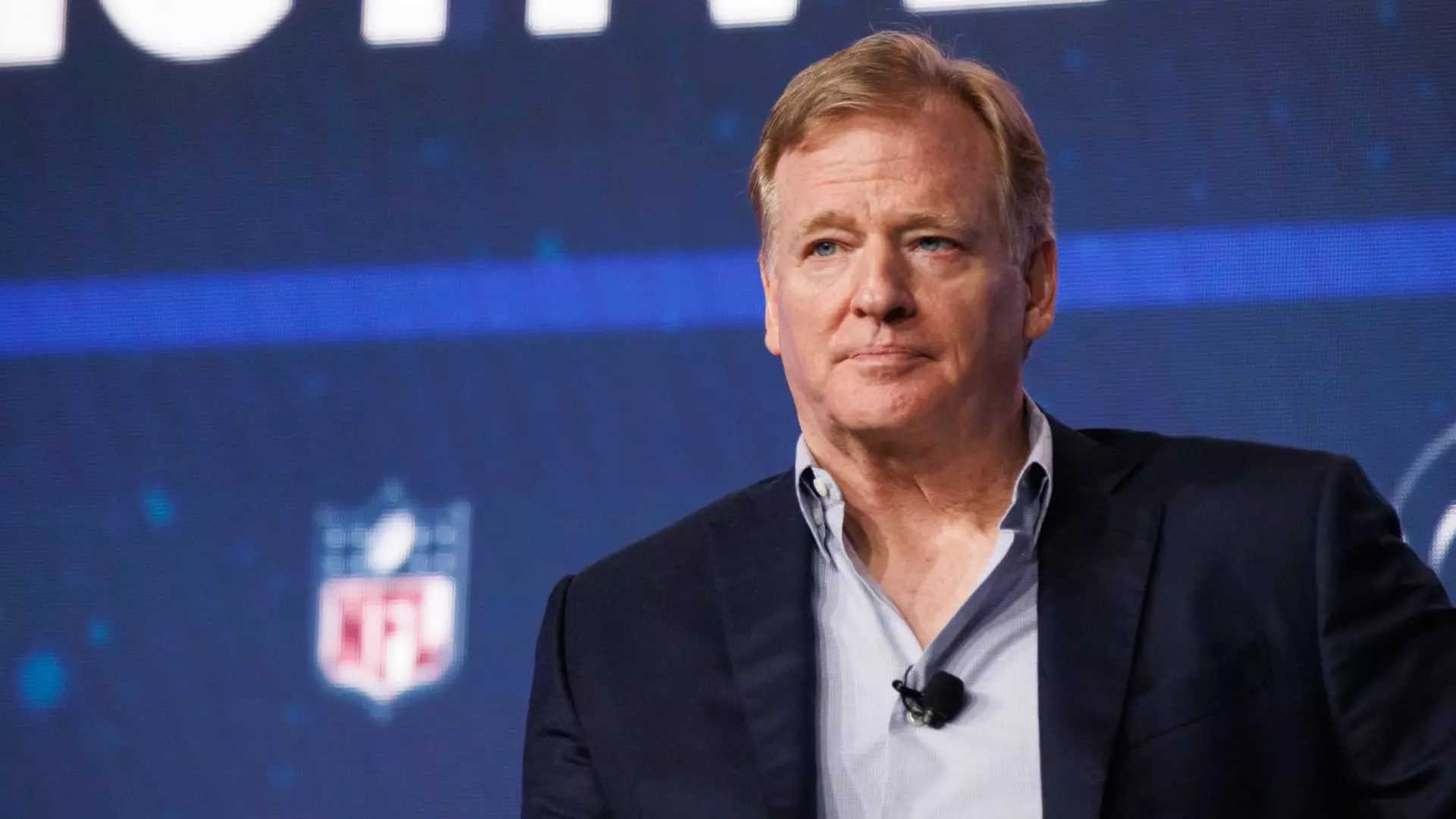The National Football League is exploring the possibility of allowing minority private equity ownership for its 32 teams, with Commissioner Roger Goodell sharing insights in an exclusive CNBC interview. Goodell emphasized the need for the league’s policies to evolve in line with the changing dynamics of the sports industry. The proposal under consideration would permit private equity firms to own up to 10% of a team, a move that could offer a new dimension to team ownership while supporting current ownership structures.
The NFL’s potential shift towards private equity ownership aligns with the evolving nature of sports ownership in the 21st century. While other major U.S. sports leagues have already embraced private equity ownership up to 30%, the NFL has traditionally been cautious about accepting funding from institutional investors. However, rising franchise valuations and the increasing cost of ownership have prompted the league to reconsider its stance.
One of the key challenges facing the NFL is striking the right balance between traditional ownership structures and new investment models. Private equity ownership could provide teams with access to additional capital and expertise, potentially fueling growth and innovation. However, concerns have been raised about the potential impact of private equity incentives on team ownership dynamics, as well as the limited decision-making power that comes with minority stakes.
The National Women’s Soccer League has already paved the way for private equity ownership, allowing firms to take majority control of franchise teams. This approach has its advantages and drawbacks, with private equity investors bringing a different set of priorities and expectations to the table. By studying the experiences of other leagues, the NFL can learn valuable lessons on how to navigate the complexities of introducing private equity into team ownership structures.
The Role of Private Equity Firms
Private equity firms, driven by the need to generate returns for their investors, may find minority ownership in professional sports teams to be a lucrative investment opportunity. The expertise and financial resources that private equity firms bring to the table could potentially benefit teams in terms of growth, marketing, and overall performance. However, questions remain about the level of influence that private equity investors would have on team decision-making processes.
As the NFL continues to explore the possibility of private equity ownership, it is crucial to strike a balance between tradition and innovation. By setting clear guidelines and safeguards, the league can ensure that private equity investors play a constructive role in the growth and success of its teams. The coming months will be critical in shaping the future of NFL ownership, as the league works towards finalizing its new ownership policies and embracing the opportunities that private equity can bring to the world of professional sports.


Leave a Reply